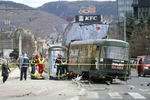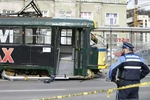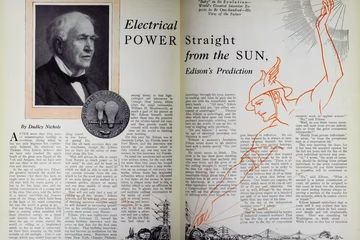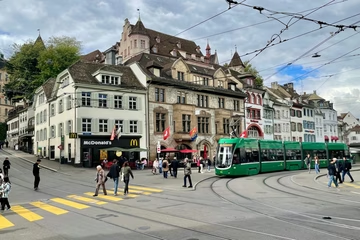Plaintiff expects Strasbourg court ruling over Mostar elections soon
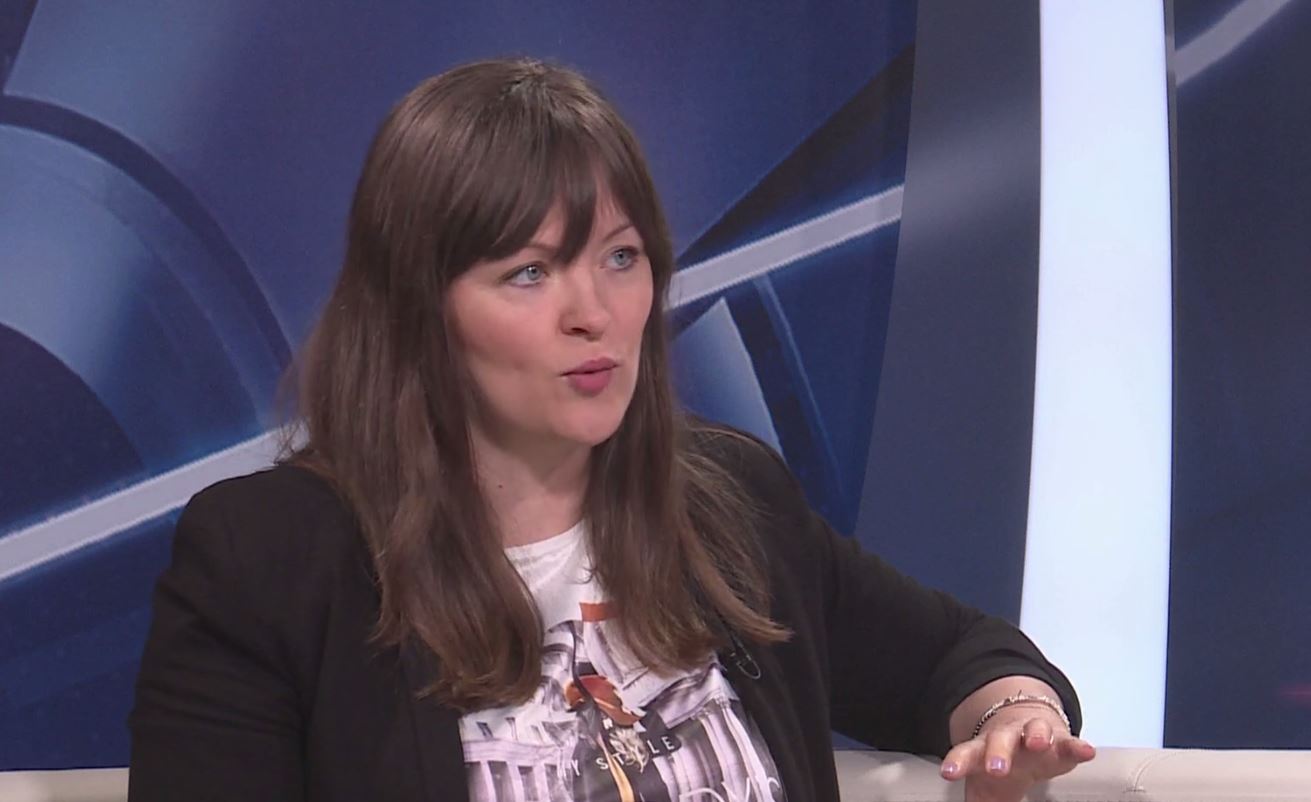
It has been 11 years since Mostar’s citizens elected their local government the last time, and the Human Rights Court in Strasbourg could soon hand down a ruling on a lawsuit against Bosnia over the matter, the plaintiff, Irma Baralija, told N1 on Friday.
Oglas
Mostar remains divided among two main ethnic parties, the Croat Democratic Union (HDZ BiH) and the Party for Democratic Action (SDA), the strongest Bosniak party.
The two disagree over how the problem should be solved, whereby the HDZ BiH is favouring a “one person, one vote” principle while the SDA wants the city to be divided into several municipalities.
The “one person, one vote” principle suits the HDZ BiH having in mind that the number of Croats in the city is larger than the number of Bosniaks. However, the party rejected that principle on the level of the Bosniak-Croat semi-autonomous Federation (FBiH) entity, where Bosniaks are the majority.
Oglas
Baralija sued the state at the Strasbourg court, arguing that not holding elections breaches the human rights of Mostar citizens.
“Some ten days ago we received information saying that it is possible that the ruling could be handed down by the end of next week,” Baralija said.
“The goal of the lawsuit is most of all to produce pressure so that elections take place in Mostar,” she explained, adding that part of the goal has already been achieved. “The fact that the ruling is to be handed down has been producing pressure in Bosnia, but also became significant in the international scene as a lot of people in the European Union made statements about it and are familiar with the situation and lobby so that the final goal is achieved.”
“Local elections must take place by May, and if we don’t have a solution, we will return to the rhetoric led by the HDZ BiH and SDA,” she said.
Oglas
Baralija said that what is currently happening is that the SDA and the HDZ “use calculators to check how and in what way the SDA and the HDZ can have a majority in the City Council.”
“Instead of Mostar thinking about a vision of a normal city after so many years, they still sit with calculators and calculate, they look at where the most Bosniaks or Croats live. In short, it is a division based on an ethnic principle,” she said.
“We say no to that,” she stressed. “We are one electoral unit, so whoever has the most votes should enter the City Council."
Kakvo je tvoje mišljenje o ovome?
Učestvuj u diskusiji ili pročitaj komentare
Oglas
Kakvo je tvoje mišljenje o ovome?
Učestvuj u diskusiji ili pročitaj komentare
Oglas





 Srbija
Srbija
 Hrvatska
Hrvatska
 Slovenija
Slovenija










